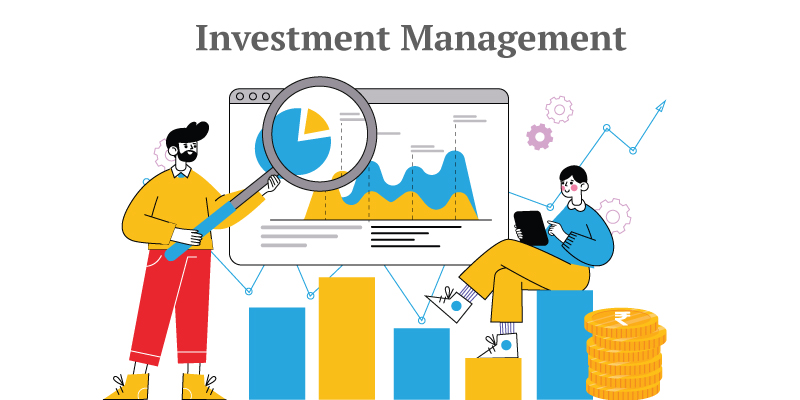Navigating the Gold Market: Essential Tips for Sellers
Selling gold can be a lucrative venture for those looking to liquidate assets or cash in on the current market trends. Whether you’re a seasoned seller or new to the gold market, understanding how to read and interpret market dynamics is crucial. This guide will walk you through key strategies and considerations to help you navigate the complexities of selling gold effectively.
Understanding Market Trends
To maximize your returns when selling gold, it’s essential to stay informed about market trends. Gold prices can fluctuate daily based on factors such as economic indicators, geopolitical events, and investor sentiment. Keeping track of these trends will give you insight into when to sell for optimal profit.

Researching Current Prices
Before selling your gold, research current market prices. Websites, financial news outlets, and reputable gold dealers can provide up-to-date information on spot prices and market trends. Remember, prices can vary between buyers, so comparing offers from multiple sources can help you secure the best deal.
Evaluating Your Gold
Not all gold is equal in value. The purity (measured in karats), weight, and condition of your gold jewelry, coins, or bars will impact its sale price. Consider having your gold professionally appraised to accurately determine its worth before negotiating with buyers.
Finding Reliable Buyers
When selling gold, choosing a reputable buyer is crucial. Look for dealers or refineries with positive reviews, certifications, and transparent pricing policies. Avoid “cash for gold” operations that offer αμεσα μετρητα but may provide lower-than-market rates. Instead, opt for buyers who offer fair prices based on current market values.
Negotiating the Sale
Negotiating the sale of your gold requires confidence and knowledge of its value. Present your research and appraisal findings to potential buyers to justify your asking price. Be prepared to negotiate terms such as payment method (cash, check, or bank transfer) and ensure you understand any fees or deductions involved.
Timing Your Sale
Timing can significantly impact the price you receive for your gold. Monitor market trends and consider selling during periods of high demand or price peaks. Avoid panic selling during market downturns, as prices may rebound over time.

Securing Your Transaction
Once you’ve agreed on a price with a buyer, ensure the transaction is secure. Obtain a written contract detailing the agreed price, payment method, and any other terms. Verify the buyer’s credentials and consider using secure payment methods to protect yourself from fraud.
Conclusion
Selling gold can be a profitable endeavor when approached with knowledge and preparation. By understanding market trends, researching prices, evaluating your gold, finding reliable buyers, negotiating effectively, timing your sale, and securing your transaction, you can navigate the gold market with confidence and achieve the best possible outcome for your investment.













